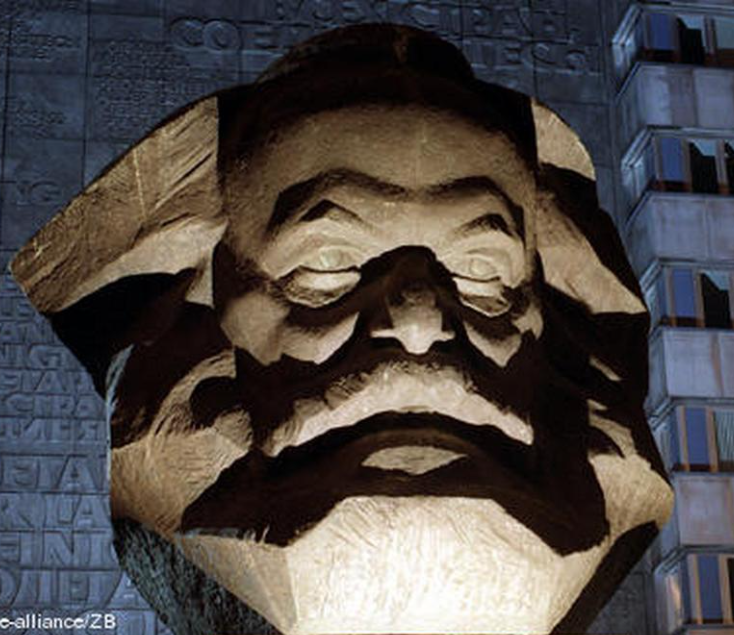Penrose is a physicist that has worked on the great mysteries like cosmology and consciousness. For Penrose, he reluctantly calls himself a materialist because he admits he doesn’t know what matter really is even tho he ostensibly is a materialist in practice.
What do you make of this?
In light of the recent “religion” decree on lemmy, how does Penrose’s reluctance interact with notions of religon? If there is a non-physical world that interacts with the physical world, then is the non-physical world somehow immaterial? Or could it be material? Can the material be subdivided into “alternative materials” with seperate functions, similar to how structural forces give rise to attitudes, and attitudes give direction to maintain or change structures? Sometimes ideas become so entrenched that they become structural and affect matter beyond what happens in the brain. Similarly, material forces that are not present still affect us (and then those affects re affect us as we contextualize things), for example the actions of our ancestors or the past itself. Furthermore, with any amount of predictive ability, the looming, foreseen future affects the present even though it has not materialized.
Oftentimes we may be off put by a seperation between material and spiritual or non physical, but what if they are still basically the same thing and the distinction is a red herring.


Everything that is observable is by definition part of the natural or “material” world. This is why the concept of the so-called “supernatural”, meaning that which is “beyond” the natural or outside of the observable reality that we can measure, study and understand, is really sort of meaningless. If a phenomenon can be observed and studied then it ceases to be part of the “immaterial”. The “spiritual” or the “supernatural” have the essential defining characteristic of being un-measurable and in a scientific sense un-observable.
Thus it becomes evident that these terms are all really just synonyms for “imaginary” or “non-existent”. In that sense it is impossible for something real to be “non-physical” because we can always expand our understanding of physics and the universe to incorporate new discoveries.
A little aside here: the “material” or physical should not be confused as referring only to matter. There are plenty of things in the universe that are not matter but are just as real and as material as anything else. Matter refers only to things that have mass. Phenomena such as light/electromagnetism, nuclear forces, gravity, etc. are not counted in the matter category but they are nonetheless physical. And anyway, the distinction between matter and non-matter has become blurred since the discovery of relativity and the equivalence of mass and energy, one being convertible into the other and vice versa.
And once we acknowledge that everything else that happens in the world follows from the most basic fundamental level of physics (because when you strip away all of the complexity that is all that is left), then it follows that every other phenomenon, no matter how complex or how many levels of abstraction removed it is from that most fundamental physical level, is necessarily also part of the same material world.
Take for instance something as seemingly immaterial as memories. It would seem that they are something very ephemeral and un-physical, but really, because we know that our brains are physical objects that follow the laws of physics just like anything else, then it follows that memories too are just some arrangement of atoms and molecules and electrical charges in the neural network of our brain (though we should avoid comparing the human brain to something like a computer because that is a vulgar oversimplification).
Now go one level of abstraction higher and consider the very nebulous concept of “culture” - when you boil it down to its most rudimentary even that is just an emergent phenomenon of the interaction of many brains with each other and the world around them, of people with memories and personalities shaped by their upbringing and their environment, by the actions of those who came before and the actions they took and the traces they left on the world (books, inscriptions, recordings, works of art, architecture, etc.) and on the minds of the people they came into contact with.
All that exists is ultimately reducible to the interactions of electrons, photons, nuclei and other particles and forces on the smallest level of reality, but in no way does this cheapen or downplay the amazing richness and complexity and depth of the phenomena that occur at the human scale, nor can those phenomena be understood or predicted merely by understanding how subatomic physics works because they involve such uncountably enormous numbers of particles and interactions that there will never be a computer powerful enough to simulate them (and we will also never be able to have perfect and complete information about the position and state of every particle in a system of any meaningful size).
Thus we need to construct higher level, more abstract frameworks, theories and models to explain and understand them, things like the social sciences and psychology and so on…and of course Marxism. And at the root of all of these is always observable reality. Scientific theories are constructed based on observation and validated by their ability to make correct predictions. A theory whose validity cannot be tested against reality is worthless. The “supernatural” is one of those worthless theories. To paraphrase what French mathematician Simon Laplace said to Napoleon: God is a redundant hypothesis.
Nicely put, so much better than mine.